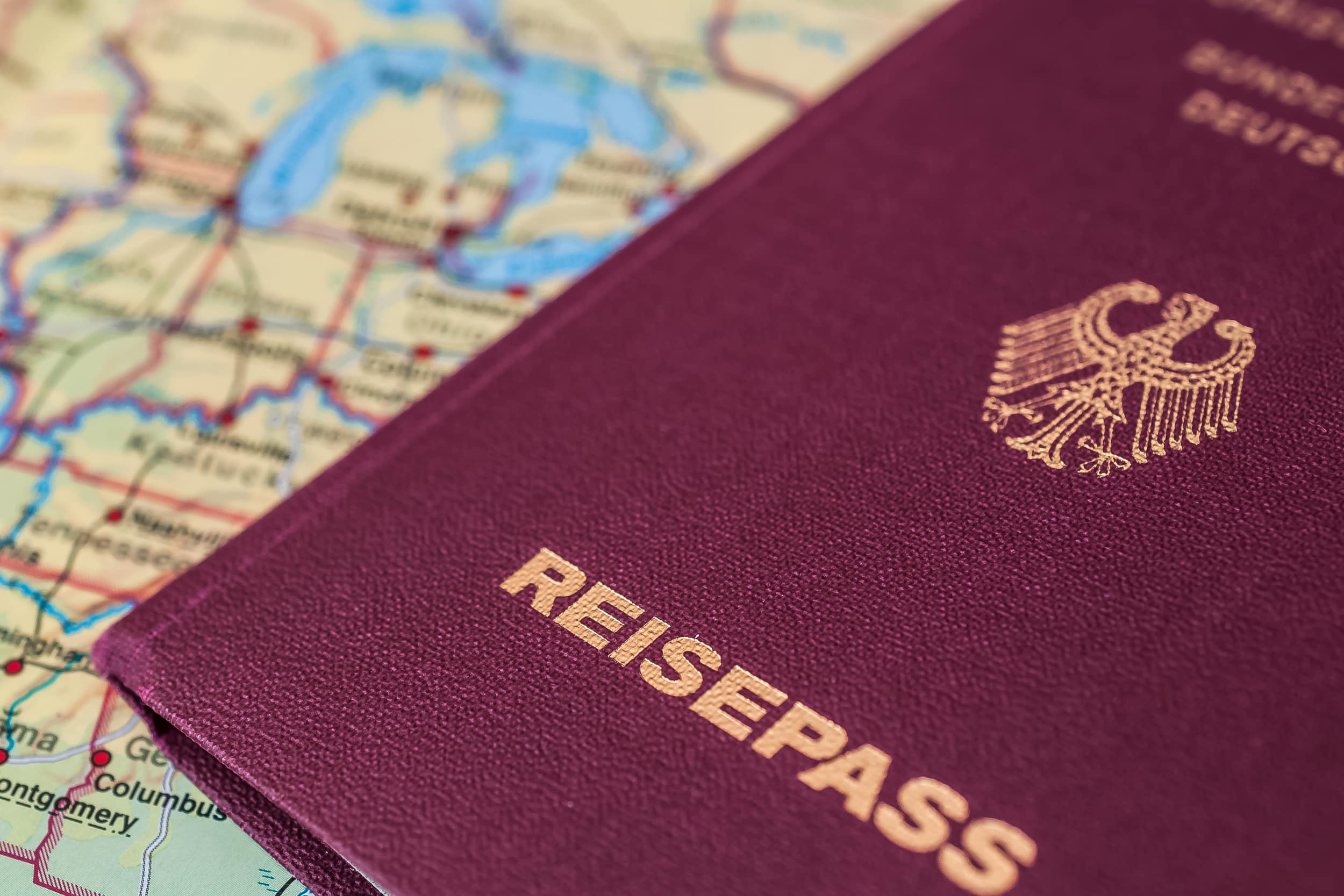contact
SZ Legal - Legal advice for private individuals and companies worldwide
address
-
Lindenallee 3b
50968 Cologne - +49 15563 037528
- info@sz-legal.de
Opening hours
Monday – Friday 9:00 – 18:00

